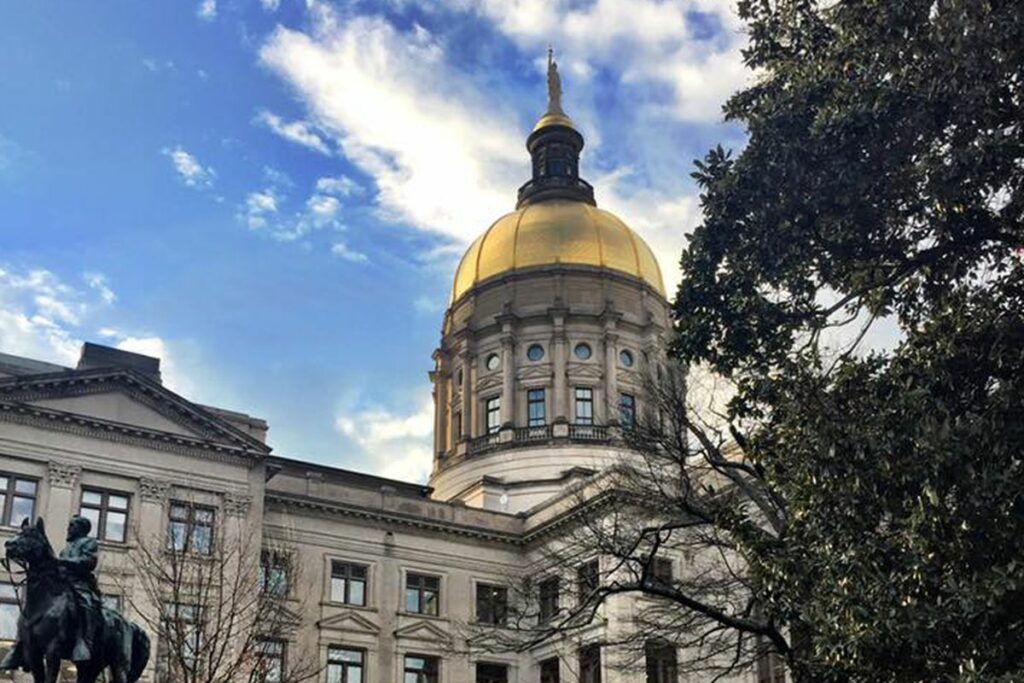
ATLANTA – The General Assembly will meet Nov. 3 to begin a special session to redraw Georgia’s congressional and legislative districts.
Gov. Brian Kemp announced the date for the session in a proclamation late Thursday.
Under Georgia law, the legislature must adopt new district boundaries every 10 years to account for population shifts reflected in the U.S. Census.
Two legislative committees, one from the Georgia House of Representatives and one from the state Senate, held hearings across the state during the summer to gather public feedback ahead of drawing the new maps.
Lawmakers heard an earful from representatives of civil rights and voting rights groups calling for new district lines that accurately reflect population gains by minority groups during the last decade.
But if the past is any indication, the party in control of the General Assembly – in this case, the Republicans – will draw maps aimed at regaining losses during the last two election cycles in both the legislature and the state’s congressional delegation.
With dramatic growth having occurred in metro Atlanta and some parts of North Georgia since 2010, the maps also are expected to shift more legislative districts north of Interstate 20. Rural counties in the southern half of the Peach State likely will see a reduction in the number of districts reflecting losses in population sustained by those areas.
Among other things, lawmakers during the special session also will be asked to ratify executive orders Kemp issued in May to suspend the collection of state gasoline and diesel fuel taxes. The governor acted after the shutdown of the Colonial Pipeline disrupted fuel supplies.
However, the special session will not include legislative proposals to address the crime wave that has hit Georgia during the past 18 months. Kemp had indicated in July that he planned to put crime on the agenda for the special session.
Also absent will be discussion of whether the state should expand its Medicaid program to cover more uninsured Georgians. Democrats have been calling for adding Medicaid to the special session agenda, but the governor has consistently opposed the idea due to the costs.
The special session likely will run at least into the week of Thanksgiving. The last redistricting special session, which took place in 2011, lasted for two and a half weeks.
This story is available through a news partnership with Capitol Beat News Service, a project of the Georgia Press Educational Foundation.